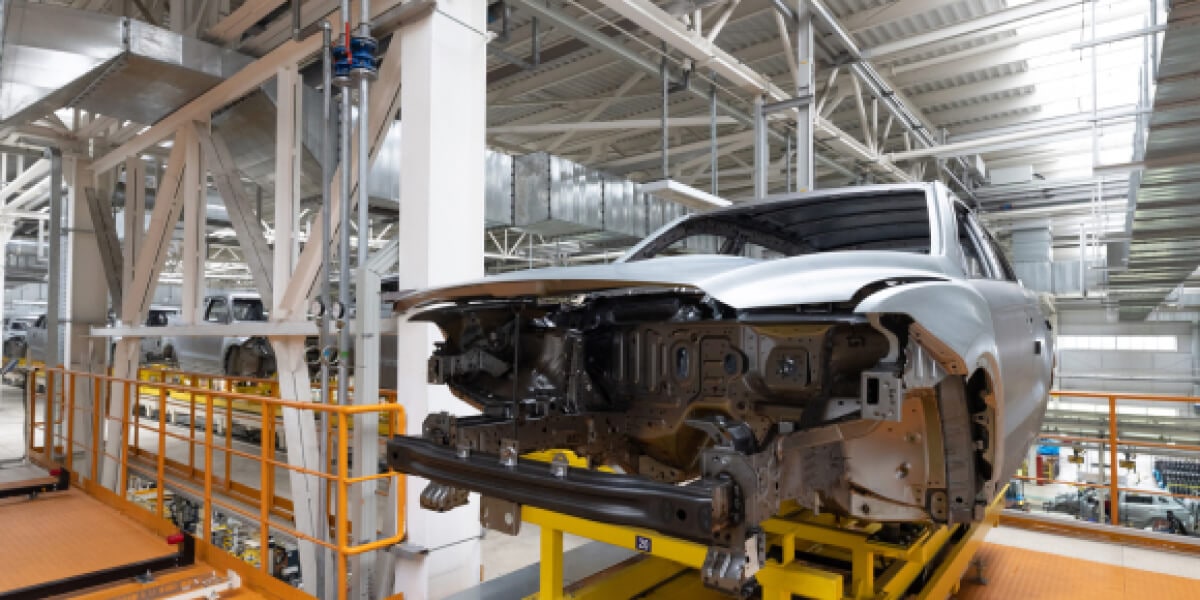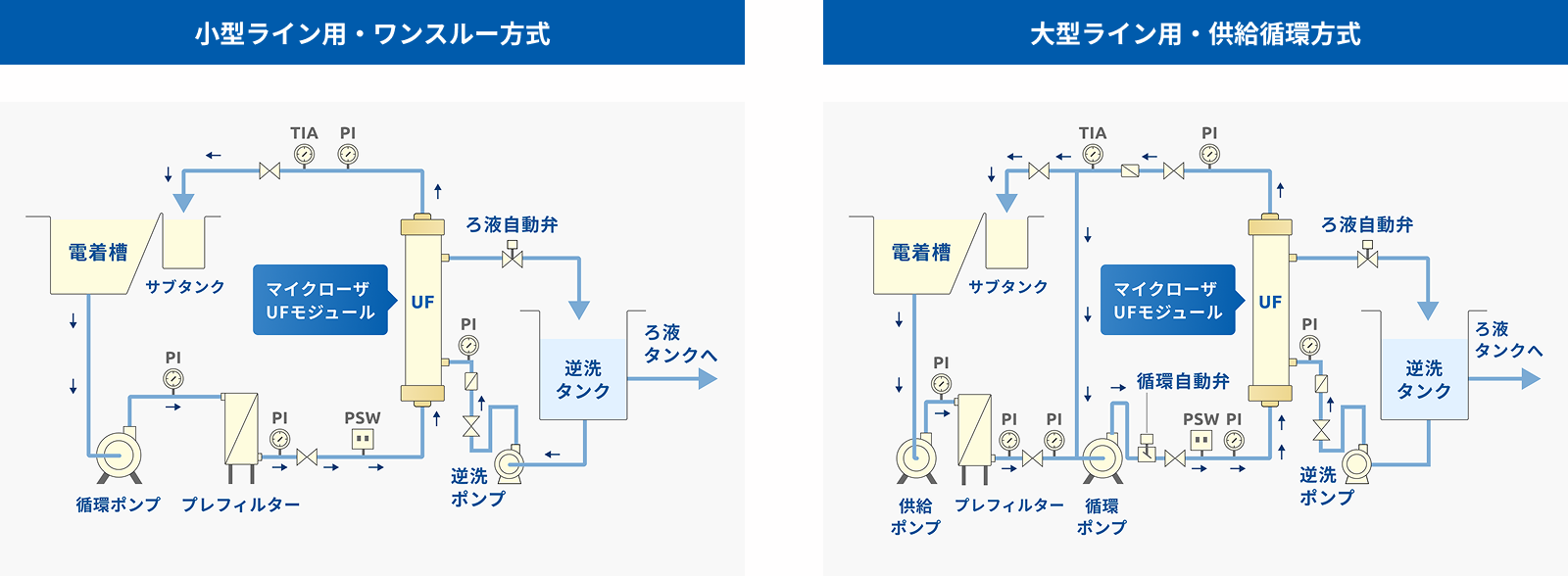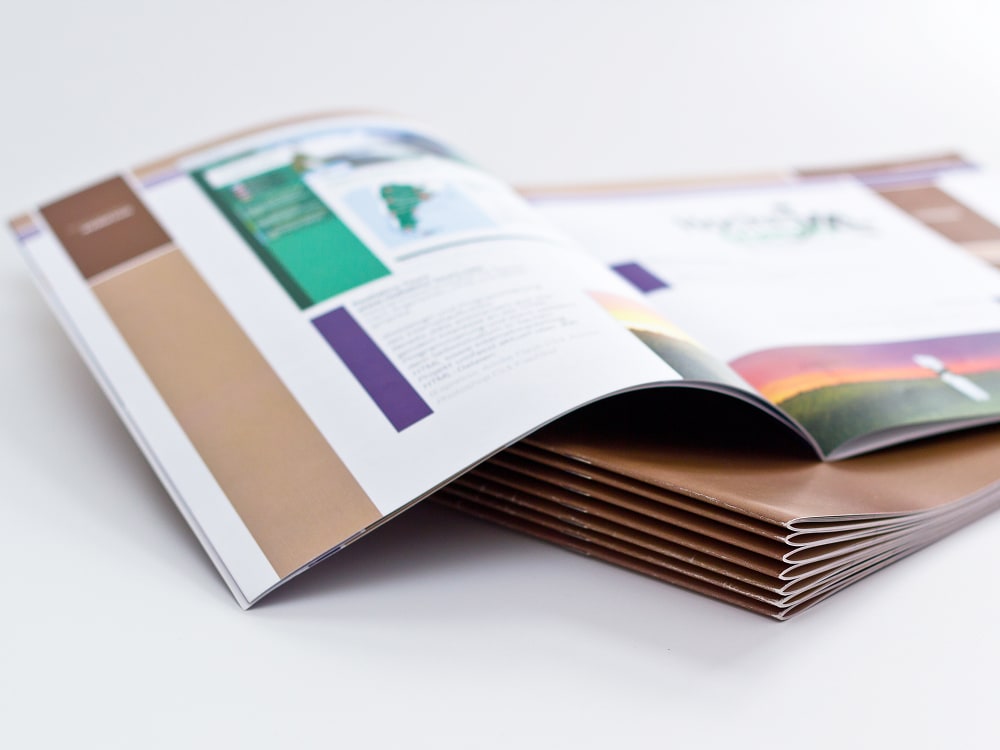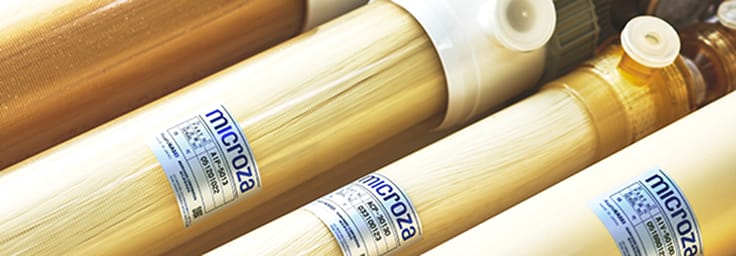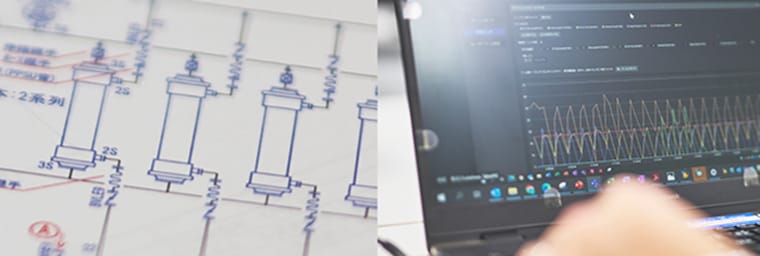UF system dedicated to electrodeposition coating solves challenges
Microza® UF systems feature hollow fiber membranes developed specifically for electrodeposition coating to resist clogging, along with automatic backwashing. This ensures stable filtration performance over long periods, helping to prevent coating defects, reduce paint costs and maintenance burden, and lower pure water usage and wastewater load.
Enhancing UF rinsing process purity to prevent coating defects
In the UF rinsing process of electrodeposition coating, if the filtration performance of the UF system tank declines, the NV (non-volatile solids) concentration in the UF rinsing process increases, making it difficult to sufficiently wash off excess paint from the coated object. This results in coating defects and the need for repair work.
Microza® uses membrane materials specifically developed for cationic electrodeposition coating, effectively suppressing the accumulation of fouling on the membrane surface. In addition, the automatic backwash function periodically cleans the membrane surface, ensuring stable filtrate quality over extended periods and reducing the risk of coating defects.
Increasing Paint Recovery Rate and Reducing Paint Costs
In electrodeposition coating, paint recovery and replenishment are necessary to maintain a constant composition in the electrodeposition tank. However, if the UF membrane becomes clogged, filtration volume decreases and paint recovery rate drops.
Microza® UF membranes use membrane materials specifically developed for electrodeposition coating that resist paint adhesion, delivering stable filtration performance over extended periods. As a result, high paint recovery rates are maintained, helping reduce paint costs. In addition, the "two-stage UF" system, which uses rinsing liquid from both the electrodeposition tank and the UF rinsing process as feed water, enables more efficient and advanced paint recovery.
Reducing Maintenance Workload and Costs
In electrodeposition coating sites, UF membrane deterioration and paint clogging require frequent replacement and cleaning, creating a significant burden. Unexpected membrane replacement or unplanned line stoppages, especially on weekends or at night, increase labor and additional costs.
Microza® features a design that resists fouling and comes equipped with a standard automatic backwash function. This significantly reduces cleaning workload and extends membrane replacement cycles. It also minimizes the frequency of unexpected maintenance, reducing both downtime and maintenance costs to support more efficient operation.
Reducing Water Usage and Wastewater Treatment Load to Benefit the Environment
In electrodeposition coating, large amounts of pure water are used in the pure water rinsing process after UF rinsing, resulting in environmental impact. If excess paint is not sufficiently removed in the UF rinsing process, it is carried over to the pure water rinsing process, increasing the load on wastewater treatment.
Microza® offers UF systems (ECS: Electrodeposition Closed System) that can reuse one-half to two-thirds of wastewater from the pure water rinsing process as rinse water, contributing to reduced pure water consumption. Moreover, by effectively removing excess paint during the UF rinsing stage, paint carryover to the pure water rinsing stage is significantly reduced. This lowers the wastewater treatment load and environmental impact.
Related information: Microza® (KCV Series) automatic backwashing system
Microza® (KCV Series) filtration systems are equipped with automatic backwashing as standard. This enables online UF cleaning and automated operation.

